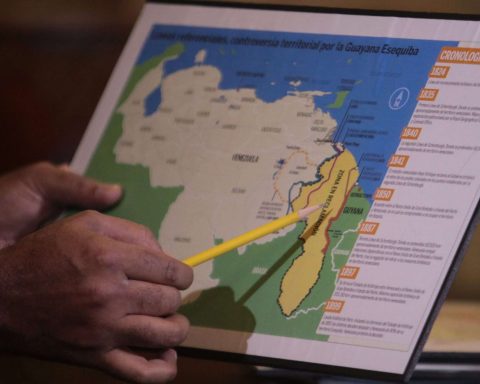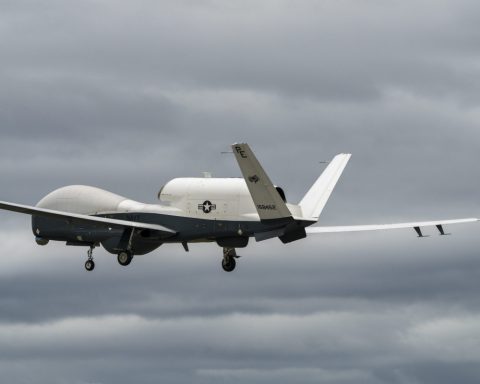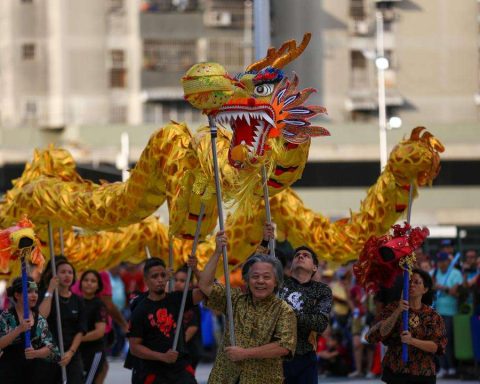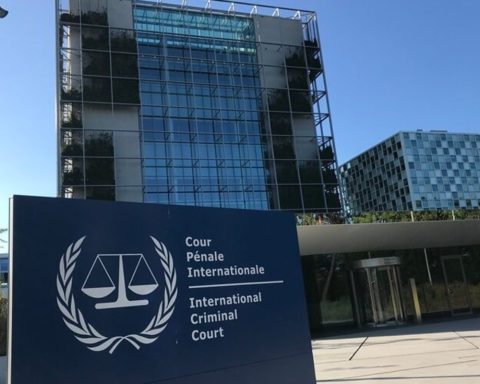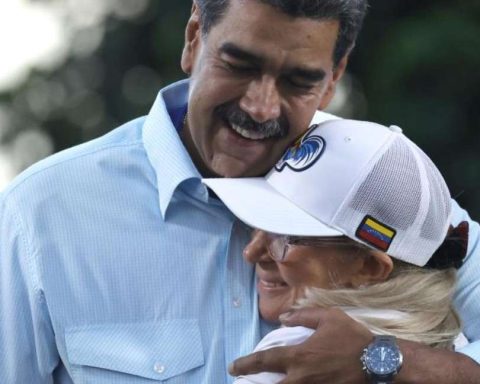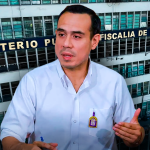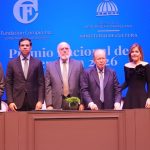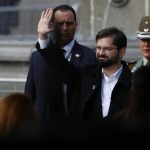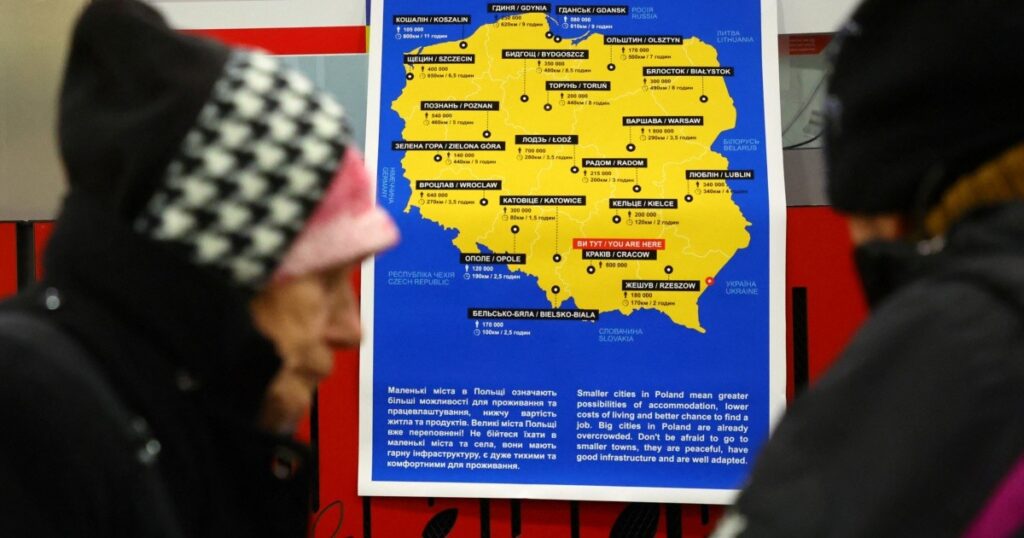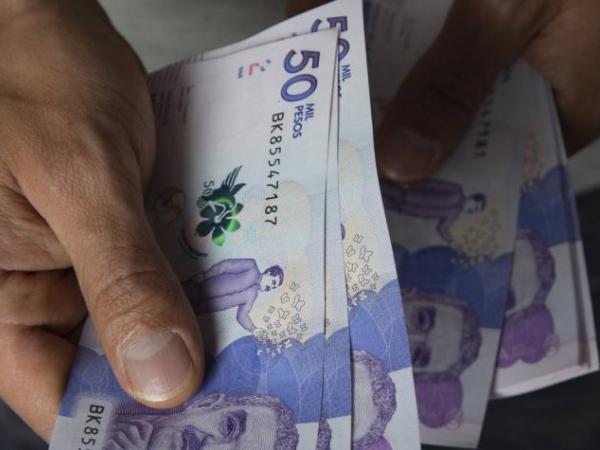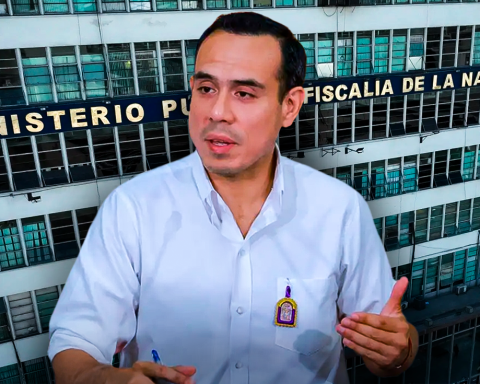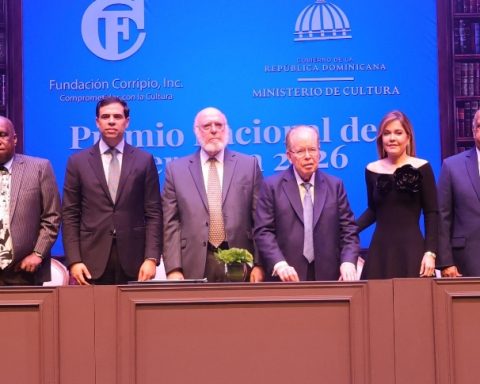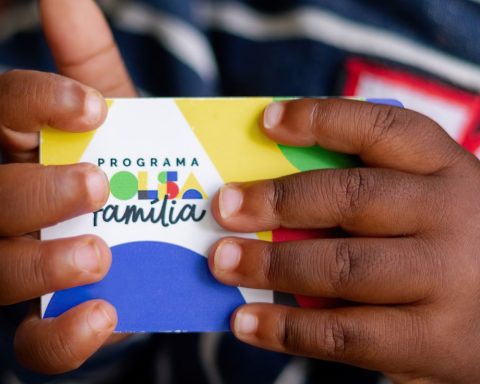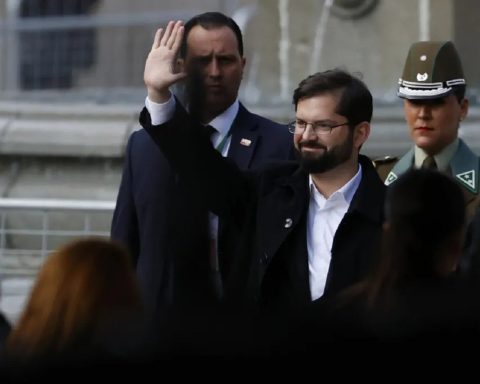Preserving the revolutionary ethic and fighting corruption through the comptroller’s office were the main issues addressed in the proposals put forward by the V Congress of the awning and the IV Congress of the Youth of the PSUV.
This was reported during a press conference from the Teatro Principal in Caracas by the first vice president of the red awning, Diosdado Cabello, who also described the entire day of work with the revolutionary bases as successful.
“The spearhead of this Congress was revolutionary ethics, the fight against bureaucratism and corruption,” said Cabello, adding that 38 proposals were made on this issue.
In this sense, he stressed that during the V Congress of the awning and the IV Congress of the Youth of the PSUV, “the proposal was made for a Code of Ethics for revolutionary militants, which not only obliges them to comply with it, but also the I also help the authorities of the awning to make decisions on time and that is a great strength».
He explained that of the 382 proposals that came out of the debate tables: 38 were about ethics and the fight against corruption; 122 in the organizational field; 66 on training; 41 proposals in the field of 1×10 for good governance; 54 in the field of 3R. Nets; 37 on the economy and production; 15 in the field of defense and sovereignty of the Homeland and in the international field 9.
Likewise, he reiterated that it was an extraordinary day in which gender parity was guaranteed and in which the participation of youth was also strongly felt. “Compañeros and compañeras who had never been in this type of activity came to this Congress and gave it additional dynamism (…) that is why we can say today that there were 679 speaking rights and 2,200 written proposals,” he said.
Activities start at Unicom on March 15
The first vice president of the United Socialist Party of Venezuela, Diosdado Cabello, announced that next Tuesday, March 15, “the International University of Communications (Unicom) will begin, here must be the 24 responsible for the APC (agitation, propaganda and communication) of all the states, as well as those of the Jpsuv”.
He proposed that “each of us should be a reporter, to report and counter the attack.”

